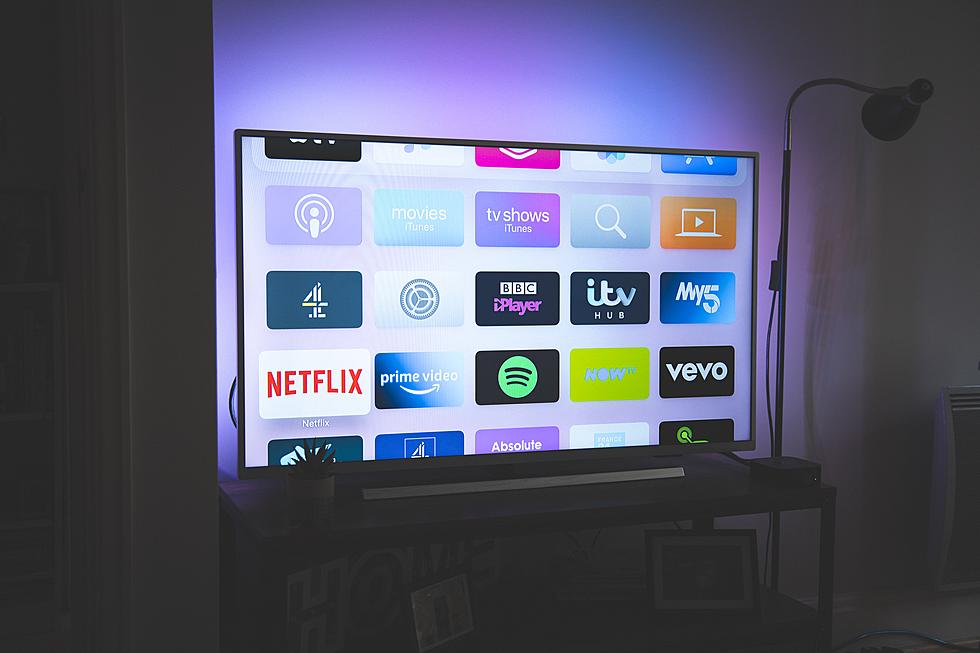
Louisiana Viewers Beware – How to Keep Scammers From Using Your Smart TV Against You
LAFAYETTE, La. (KPEL News) - Scammers seem to be everywhere nowadays and now they are showing up in smart TVs across Louisiana.

This should be no surprise as scammers already use our phones and computers to try to steal our information and our hard-earned money.
How Are Scammers Hacking Into Smart TVs Across Louisiana?
Imagine you have turned on your smart TV and you're about to open your favorite streaming service. Then, a pop-up appears, telling you there is a problem with your device or your streaming subscription. You need to call a phone number or visit a website to fix it.
DON"T FALL FOR THIS! Scammers pretending to be customer service agents are waiting to take your call. But instead of helping you fix the issue, they want you to pay an activation fee or allow them remote access to your smart TV. As you can see, these scammers then install malware on your TV and gain the access they need to your personal information, while taking your money in the process.
The scammers may even ask you to pay them in gift cards. The Better Business Bureau of Acadiana, a watchdog for consumers, gives this one example:
One consumer reported that after calling a number that appeared in a pop-up on their smart TV, a scammer instructed them to purchase three $100 Xbox gift cards to add “anti-hacking protection” to their account. After buying the gift cards and contacting the number again, it became clear they were dealing with scammers.
The BBB Scam Tracker, who has seen an uptick in smart TV scam reports, gives these great tips on how to avoid these scams:
- Double-check any fees you have to pay. If scammers ask you to pay an activation fee, antivirus protection fee, or any other kind of fee, do some research beforehand. For example, scammers claim you need to pay an activation fee to start using your Roku. However, a quick online search reveals that Roku never charges activation or registration fees.
- Don’t fall for fake websites. Scammers love to create imitation websites using URLs that are just a letter or two off. Fake websites are a threat, even on smart TVs, so double-check the URL. Another way to protect yourself is to avoid clicking on links in pop-ups and, instead, type web URLs directly into your browser.
- Check before you call. If a “customer service” phone number appears in a pop-up, double-check it before you call. Contact a streaming service or TV manufacturer’s website to find their customer support number.
- Never let anyone control your device remotely. Scammers usually ask for remote computer access, but they could also ask for access to your smart TV. Don’t ever give control of your device to a stranger.
Don't let yourself become a victim!
All the Outdated Technology From the First ‘Mission: Impossible’
More From News Talk 96.5 KPEL






